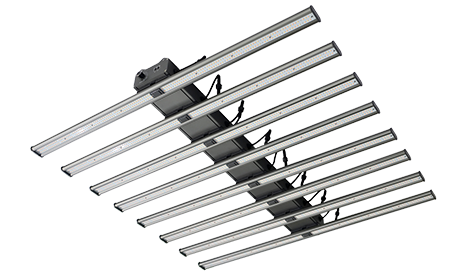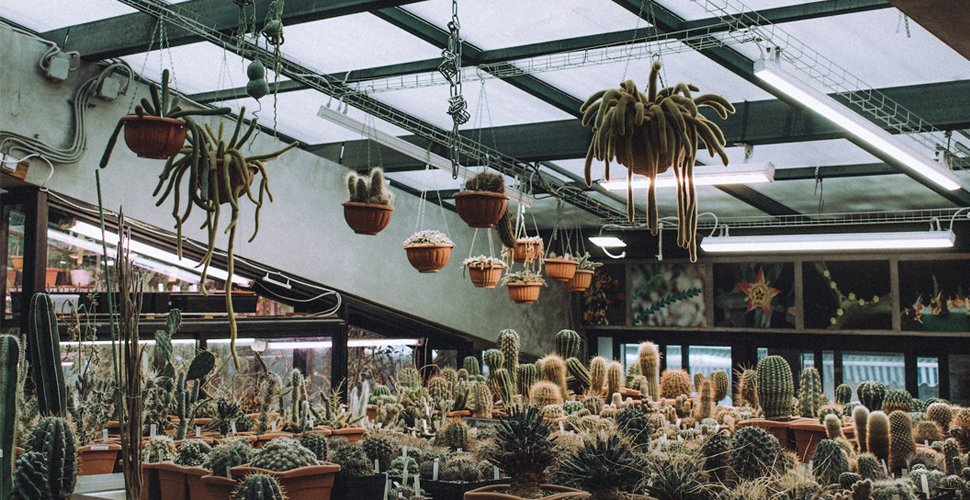In the world of hydroponics, precision, safety, and efficiency are paramount. Whether you’re nurturing delicate seedlings or cultivating a full-fledged crop, the right equipment can make all the difference.
But for those in the business of importing and selling hydroponic equipment, there’s an additional layer of complexity: certifications.
Any person, or business which sells prescribed hydroponics equipment by retail is required to be licensed.
This article delves into the certifications required to import hydroponics equipment. The begins by answering a pivotal question: Why are these certifications so crucial?
The Importance of Hydroponics Certification
If you’re manufacturing hydroponic equipment, you will typically need more certifications and approvals to ensure that your products are safe and meet performance standards.
If you’re retailing (buying and reselling) equipment, it’s crucial to stock products that already have the necessary certifications, and you may need a business license or permit to operate, depending on your jurisdiction.
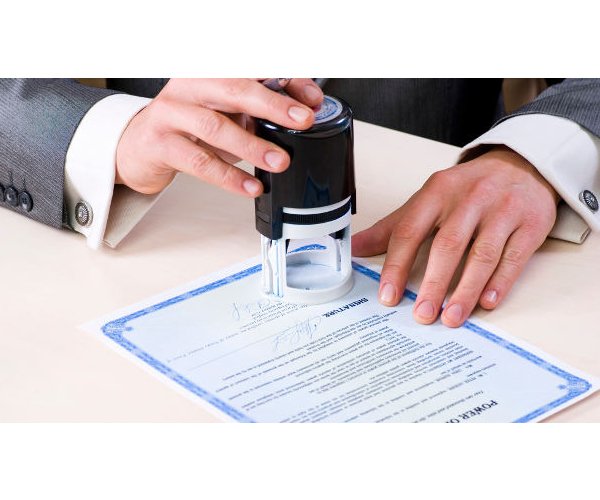
Safety Assurance
Hydroponic systems often involve a delicate interplay between water and electricity, making safety a top concern.
Certifications ensure that products have undergone rigorous testing to meet established safety standards, reducing risks of malfunctions that could lead to accidents or damage.
Product Quality and Performance
Certifications aren’t just about safety. They also vouch for the product’s quality and performance, ensuring that they deliver as promised.
For hydroponics, where balanced nutrient delivery and precise environmental controls can make or break a crop, this assurance is necessary.
Building Trust
For consumers, certifications act as a seal of approval, showing them that the product they’re buying meets international or local standards. This trust plays a crucial role in their decision-making process.
Soulad s předpisy
On a more practical level, ensuring that imported products are certified is often a legal requirement. Failure to comply can result in fines, confiscation of products, or even legal action.
What Hydroponics Certification Do You Need?
Whether or not you need a hydroponics certification to sell hydroponics equipment depends on your jurisdiction, the specific type of equipment you sell, and your target market.

United States:
UL (Underwriters Laboratories): For electrical safety of hydroponic equipment.
FDA (Food and Drug Administration): For any equipment or material that comes in direct contact with plants intended for consumption.
FCC (Federal Communications Commission): For equipment that could emit radio frequency interference.
Canada:
CSA (Canadian Standards Association): For electrical and product safety.
Health Canada: For materials and equipment used in producing plants for consumption.
United Kingdom:
CE (Conformité Européene): Indicating compliance with European standards, which the UK has primarily continued to recognize post-Brexit for many products.
BSI (British Standards Institution): For various product standards and safety.
New Zealand:
SDoC (Supplier Declaration of Conformity): For electrical safety.
Biosecurity: Especially for equipment that may carry soil or organic residues.
Netherlands:
CE: Compliance with EU safety, health, and environmental requirements.
NVWA: To ensure product safety.
Iceland:
CE: Recognized due to Iceland’s affiliation with the EFTA.
RoHS (Restriction of Hazardous Substances Directive): For electronic equipment.
Russia:
EAC (Eurasian Conformity): Meeting the standards of the Eurasian Economic Union.
GOST-R: Older certification system for national standards.
Australia:
RCM (Regulatory Compliance Mark): For electrical safety and electromagnetic compatibility.
Australian Quarantine: For imported equipment to ensure no bio-hazards.
Turkey:
TSE (Turkish Standards Institution): For various product safety and standards.
CE: As Turkey is part of the Customs Union with the EU, CE marking is also recognized.
Japan:
PSE (Product Safety Electrical Appliance & Material): For electrical equipment.
JAS (Japanese Agricultural Standard): For materials and equipment related to plant growth.
Korea:
KC (Korea Certification): For electrical safety.
KFDA (Korea Food & Drug Administration): For equipment/materials that come in direct contact with consumable plants.
Lithuania:
CE: As Lithuania is an EU member state, CE marking is essential.
RoHS: For electronic equipment.
Warm Tips: In addition to product-specific certifications, you may need a business license to legally operate in your jurisdiction. Some locations may have additional requirements for businesses selling agricultural or horticultural equipment.
The Thing You Should Know Before Your Hydroponic Sales Business
Market Research
Understand the specific needs and demands of your target market and identify which hydroponic equipment is most in order.
Research Destination Market Regulations
Before importing, understand the hydroponics certification requirements of your target market. Each country or region will have its own set of rules.
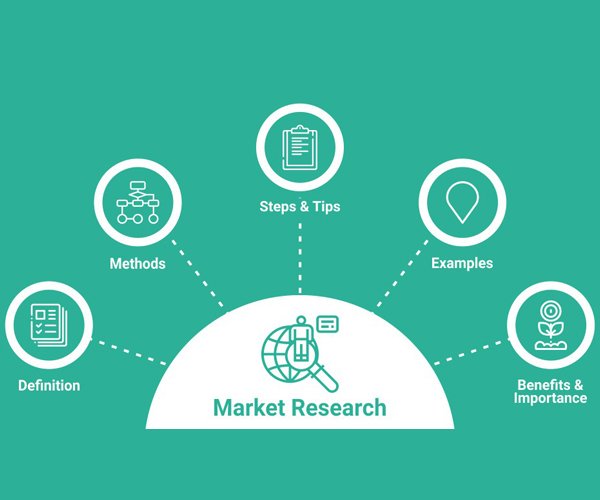
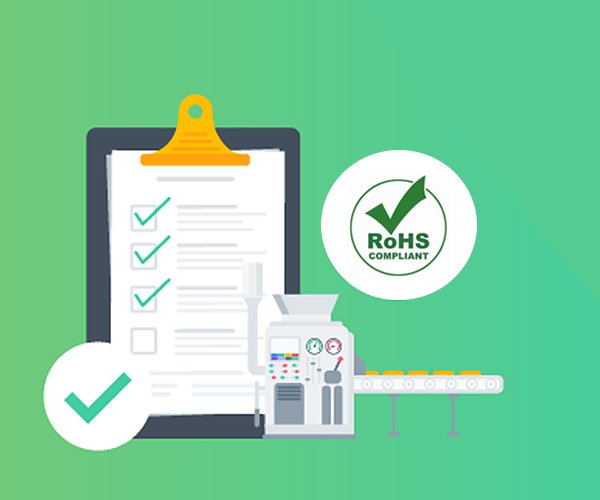
Verify Supplier Certifications
If you’re sourcing equipment from overseas manufacturers, ensure they have the necessary certifications for your target market. Ask for certification proof before finalizing deals.
Consider Third-party Testing
If you are unsure about the legitimacy of the certifications provided or if you are importing generic products, it is advisable to have them tested by recognized third-party laboratories to guarantee compliance.
Compliance and Safety Checks
Before selling, ensure the equipment meets all local safety and regulatory standards. It’s vital to ensure that the certifications presented by the supplier are valid in your country.
Educate Your Customers
Once you’ve ensured your products are certified, make it known! Use it as a selling point to build trust and drive sales.
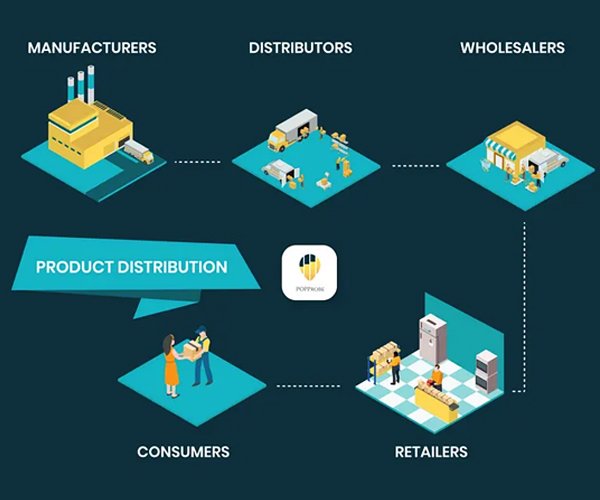
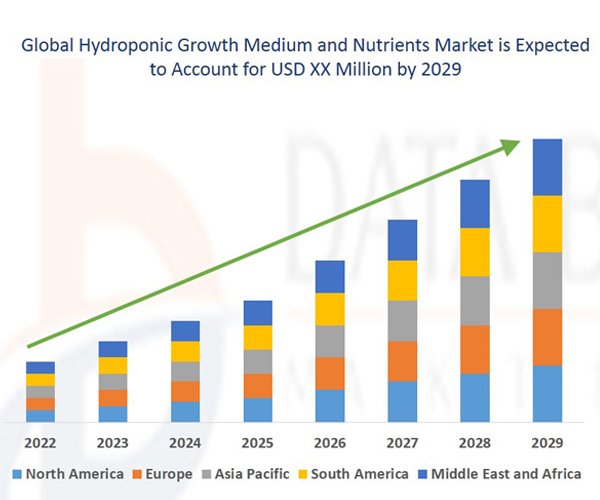
Stay Updated
Certification standards and requirements can evolve. Regularly check for updates to ensure continuous compliance.
Keeping up with Market Trends
The hydroponics industry is continually evolving. Stay updated on technological advancements and market trends to ensure you remain competitive.
Supplier Research and Relations
Search for reputable suppliers of certified hydroponic equipment. This could be domestic or international. If you need Auxgrow, we’re always here.
Good rapport can get you better deals and ensure the timely supply of equipment.
Kontaktujte Auxgrow ještě dnes
It’s important to both your business and customers to understand and follow these certifications as it demonstrates a dedication to quality and responsibility towards your customers.
While this list provides an initial guide to the necessary certifications for each country, regulations are dynamic and will change over time.
Before selling hydroponics equipment in a specific country, be sure to consult with local regulators or industry experts to ensure compliance.
If you’re interested in advancing your sales business after learning about the hydroponics certification necessary for hydroponics equipment, please reach out to Auxgrow for further details on hydroponics equipment.
Jayes
Jako digitální marketingový manažer ve společnosti AUXGROW spojuje Jayes vášeň pro hydroponické systémy a odborné znalosti v oblasti LED pěstebních světel. Díky praktickým zkušenostem a hlubokému porozumění vás Jayes provede světem udržitelného pěstování.


